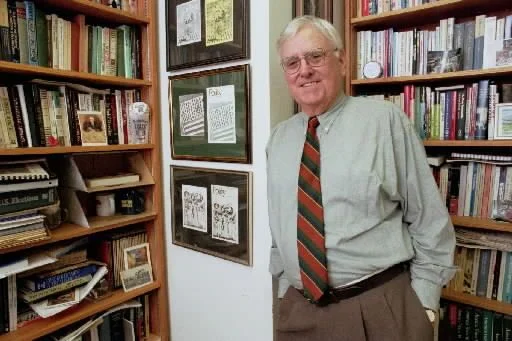Kosovo’s Inchoate Democracy By Rrezart Dema, Arrita Deva, and Edi Cahani
As the young country of Kosovo continues its state building efforts, democracy is still far from being consolidated. Similar to other Eastern European countries, Kosovo lacks a democratic tradition. Furthermore, having won its independence in 2008 there is much to improve regarding the proper functioning of democratic institutions and the existence of the right conditions for democracy to prosper. Three considerations will be examined here: lack of accountability, lack of a proper middle class and insufficient political participation.
The judiciary in Kosovo was until very recently heavily influenced by the executive. Political interference remains a great problem and officials continue to lack accountability. In 2016 there have been cases in which the judiciary failed to properly respond to public opinion for some of its controversial decisions. Furthermore, key individuals from political parties in Kosovo have exercised major influence over key positions in regulatory authorities and all branches of government.
Some media and tapes released to the public demonstrated that democratic institutions in Kosovo are controlled by informal groups. This increased societal awareness of abuses of power, but these political figures have not been significantly impacted and continue to dominate the political environment.
Lack of accountability has also been portrayed in electoral campaigns of Kosovo. The most common example is the 2014 national elections in which the PDK (Democratic Party of Kosovo) promised 200.000 jobs through the creation of “The Fund.” During their three year rule with LDK (Democratic League of Kosovo), the government created just 40.000 jobs. LDK had also promised 120.000 new jobs which were never created.
While these two parties are still two major actors in the political environment of Kosovo, the unprecedented rise of Vetevendosje (Self-Determination) in the 2017 elections might be perceived as a sign that Kosovar citizens are starting to be more critical toward the lack of accountability.
Seymor Lipset has argued that increased education and an enlarged middle class are important elements of democracy. With around 30% rate of unemployment, Kosovo is the second poorest country in the Western Balkans. Meanwhile, the Western Balkans are considered relatively poor by European standards.
Robert Barro contends that in democracies there is a rich-to-poor redistribution of income which makes certain interest groups more powerful and increases the vulnerability of the poor. In the Kosovar context, the growth of middle class would then produce more rational and well-off citizens less willing to be swayed by unrealistic electoral promises.
Kosovo is currently mediocre when it comes to political participation. Voter turnout in Kosovo’s 2017 national elections was 41.30 percent, which is lower than most democracies. This could be seen as a form of voter apathy among Kosovar citizens who doubt whether their vote is having any impact at all.
Though voting turnout is low, there are street protests by citizens who aspire to hold politicians accountable, and approximately 6,000 civic organizations and/or NGOs in Kosovo, though most are inactive. These focus on various areas, including municipal policy, corruption and environmental issues.
Association in Kosovo is linked with the middle class, who are largely employed in the private sector, a small part of the society. While associations are not curtailed by Kosovar authorities, people have not demonstrated much incentive for such activities.
As a newly-established country, Kosovo deserves some credit for its state-building efforts, yet significant problems remain and cannot be ignored. The country has definitely much work to do and its main priority must be strengthening its level of democracy. This is a difficult task, but not an impossible one.
Rrezart Dema, Teaching and Research Assistant, Universum College, Kosovo
Arrita Deva is a Master’s degree candidate in International Relations at the University of Warsaw.
Edi Cahani earned a BA in Business & Management at Universum College.





